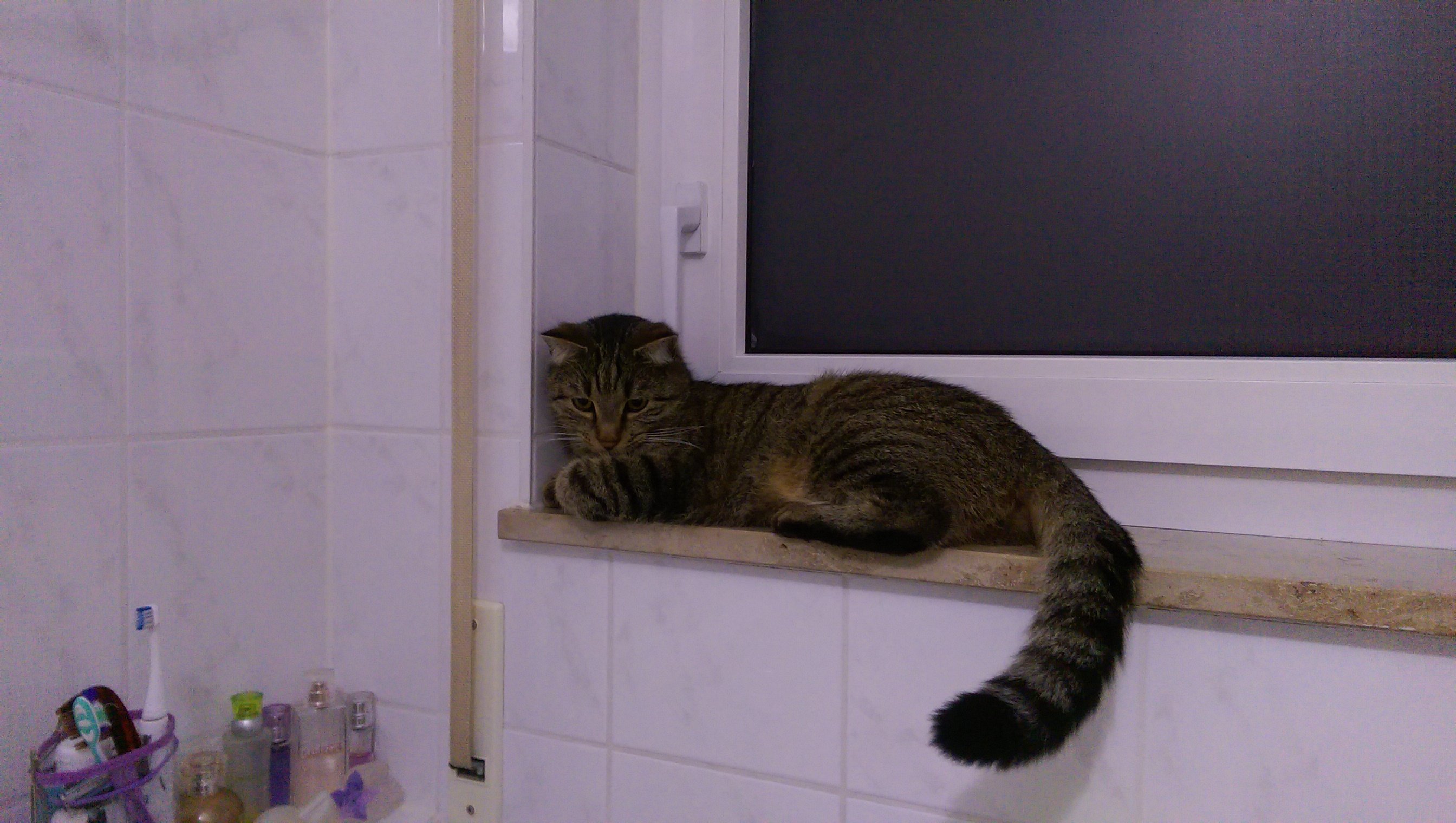-
Posts
5379 -
Joined
-
Last visited
Content Type
Forums
Store
Crowdfunding
Applications
Events
Raffles
Community Map
Posts posted by Werner
-
-
So you were basically using the wrong image for the board and wonder that it has hickups?

Support for N2+ is in early development. However you can already build a proper N2+ image using the build tools.
-
Are you using a N2 image on your N2+?
-
The best and almost only way to properly debug a SBC.
It is a 3pin UART connector featuring RX, TX and GND. If you handle SBCs you defnitily want to invest in an USB-UART adapter. No worries, they are dirt cheap these days.
-
Enable verbosity and put a serial console to it and check if there is any output to it.
Also create and provide logs with armbianmonitor -u once you rebooted it.
Which image did you use?
-
Not necessarily. My guess is an issue with aptly. Try purging and retry.
-
Acceleration is disabled by default atm to make desktop stable.
-
-
On 8/12/2020 at 7:23 PM, Werner said:
Something filled up your space. It is up to you to investigate what the reason is.
You can try to search for big directories with commands like "du -a / | sort -n -r | head -n 10"
Found via web: https://duckduckgo.com/?t=ffab&q=linux+find+big+files&ia=web
Please try this or something similar to get an idea where on your sdcard are big files hidden.
-
Please take a note of the documentation and make sure you are perfectily fine here: https://docs.armbian.com/User-Guide_Basic-Troubleshooting/
-
Focal and Buster have nothing to do with the architecture. Both flavors are available for armhf (32bit arm) and arm64 (64bit arm).
Btw. running armhf binaries in compat on arm64 is not supported by either one of those.
You never had to use armbian-config. It is just a tool for lazy people and newbies. You are free to do everything by hand. It is included in every Armbian image.
I discussed further differences between the flavors here:
-
Nobody took care about that yet.
https://armbian.atlassian.net/browse/AR-296?jql=text ~ "indexes"
-
OrangePi at least may continue sell boards with H5 SoC again.
-
You should decide what to backup first to get an idea about the amount of data it will generated. Then think about the method

Full backup would be dd if=/dev/<source> of=/dev/<target>
-
Debian is known to be rocksolid and stable. The software included therefore is older than upstream because its extensivly tested. Bug fixes are usually backported.
To make it easy Ubuntu is a Fork of Debian, mostly unstable or experimental branch, adds some fancy desktop stuff and label it stable.
Also Ubuntu maintains only a fraction of the packages includeed by themselves. Most are in "universe" and "multiverse" repositories which are community supported. If a package maintainer decides to no longer maintan a piece of software then you are on your own because nobody official will care.
Also the advertisment von Ubuntu to have five year support is kind a BS, because if you take a look at Debian you will notice and do the math with LTS you will also get five years...
-
Quote
which I have no idea how to deal with, or even what they are
Well, then I suggest to start learning since these boards - and even though Armbian makes it easy enough to get started - are still development boards.
There are no drivers for gc2035 in mainline available and the support for stoneage kernel version 3.4.x and 3.10 has been dropped due to lacking upstream support.
-
Something filled up your space. It is up to you to investigate what the reason is.
You can try to search for big directories with commands like "du -a / | sort -n -r | head -n 10"
Found via web: https://duckduckgo.com/?t=ffab&q=linux+find+big+files&ia=web
-
Find big files and remove them?
I dont' get it...
-
And maybe take a course in how-to-choose-a-proper-topic-title

-
-
33 minutes ago, dolphs said:
will build tomorrow 5.8.1 for my h6 orangepioneplus ( if @megi ) has updated the megous branch and see about its status.
thanks @martinayotte and others that contribute
Or you could simply add this patch to the patches folder and see if it works and give feedback

-
I have several cheap USB to barrel plug (to fit OrangePis, 4.0 x 1.7) adapters here and some seem to start failing.
o cut a long story short, does anybody have recommendations on what product to buy to get such a cable with better quality?
-
Just now, Igor said:
INSTALL_KSRC="yes"
Well that flag isn't documented. I'll fix that.
-
2 minutes ago, Igor said:
. If you need them, build image with BUILD_KSRC="yes"
But wont be pre-installed on the image. Just to mention...
-
If the sources are missing and you may want to build your own image anyways I'd do this:
BOARD=tinkerboard BRANCH=current KERNEL_ONLY=yes KERNEL_CONFIGURE=noTo get a complete set of packages including kernel image, kernel source, kernel headers, dtbs and U-Boot.



Odroid n2+ system-wide hang
in Odroid N2/N2+
Posted
Check out the documentation
https://docs.armbian.com/Developer-Guide_Build-Preparation/
Sure, give it a try.